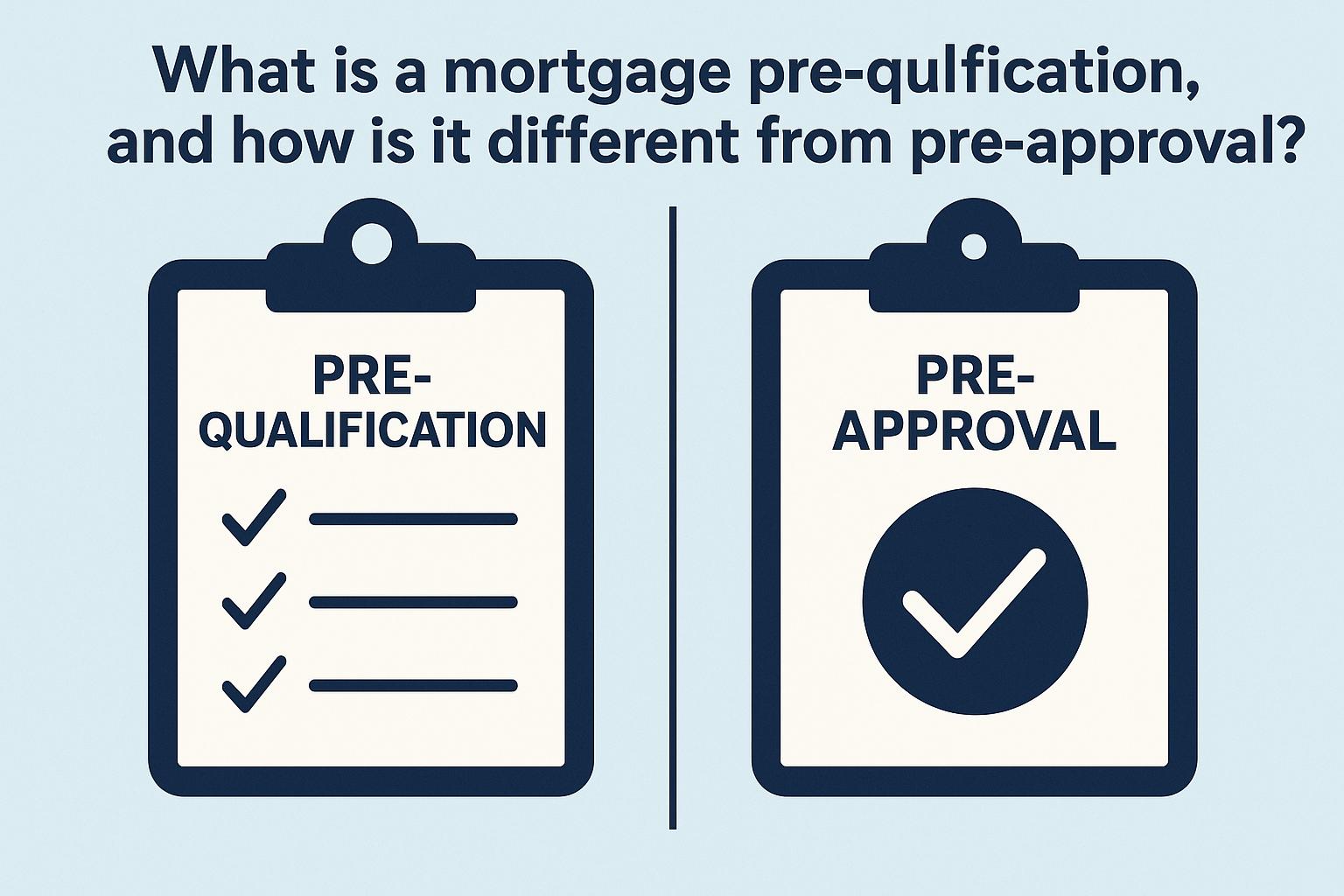
Mortgage pre-qualification represents an essential, though preliminary step in the extensive journey of purchasing a home. It occurs when a potential homebuyer approaches a lender and receives an estimated borrowing amount based on their financial situation. This process requires the provision of personal financial data, including but not limited to income, debt, and assets. One critical aspect to remember is that a mortgage pre-qualification does not involve meticulous verification of these details. Consequently, individuals should be prepared for some variability between the initial estimate and the final loan offer.
During this pre-qualification phase, the lender will generally refrain from conducting a thorough review of your credit history or financial standing. Therefore, while pre-qualification provides a rough idea of borrowing potential, it should not be interpreted as a guaranteed mortgage offer. This step acts as a valuable tool for homebuyers who are just getting started in their search. It affords a preliminary insight into what may be affordable, enabling them to focus their search on properties within their estimated price range. Moreover, pre-qualification can be accomplished quickly, often via an online form or a phone interview.
Mortgage pre-approval stands in stark contrast to pre-qualification. It represents a more involved, rigorous process that culminates in a conditional commitment from a lender. Achieving pre-approval involves completing a formal mortgage application and submitting essential documentation such as tax returns, pay stubs, and bank statements to the lender. In addition, the lender will conduct a comprehensive evaluation of the applicant’s financial background, covering income verification and a detailed credit report analysis.
The result of this stringent process is a more precise understanding of a buyer’s borrowing capacity, as all financial details provided are verified. A pre-approval not only solidifies the credibility of the borrower but also makes the buyer more appealing to sellers. It shows that the potential buyer is not only serious but also financially capable of purchasing the home, thus ensuring smoother negotiations in a competitive market. Pre-approval is often valid for a specific period, typically 60 to 90 days, after which a re-evaluation might be necessary if a purchase has not been made within that timeframe.
Delineating between pre-qualification and pre-approval involves understanding the nuances of scrutiny and formality involved in each stage.
This is generally regarded as an informal process, offering a preliminary estimate of borrowing potential without much scrutiny. Key characteristics include:
– Typically, the process incurs no cost and can be completed online or via phone.
– It provides an *estimate* based on financial information that remains unverified.
– The main output is a broad sense of how much one can potentially borrow, aiding initial property searches.
Pre-approval, on the other hand, is formal, involving a greater level of lender scrutiny:
– It necessitates the completion of a comprehensive mortgage application accompanied by relevant documents.
– The lender performs an *in-depth review* of the applicant’s financial situation, ensuring all data is verified.
– A successful pre-approval yields a conditional loan offer that usually holds for 60 to 90 days.
The choice between seeking a pre-qualification or a pre-approval depends significantly on an individual’s current status in the home purchasing process. If you are merely in the exploratory phase, considering options, and eager to determine what may be affordable for you, pre-qualification might be suitable. It provides a cursory insight into potential affordability, allowing you to navigate the housing market with a preliminary budget in mind.
However, if you are seriously considering buying a home and aim to make competitive offers, obtaining a pre-approval is highly advisable. A pre-approval distinguishes you from other potential buyers by demonstrating to sellers and real estate agents that you are a serious and financially viable candidate. Therefore, opting for pre-approval when approaching the final stages of the home-buying journey can position you favorably in negotiations.
To delve deeper into the mortgage processes, consulting with a mortgage lender or exploring educational resources, such as those available from the Consumer Financial Protection Bureau, can provide comprehensive guidance aligned with your specific needs and circumstances. Such resources offer valuable insights and detailed information to navigate the complexities of home financing effectively.
This article was last updated on: October 9, 2025